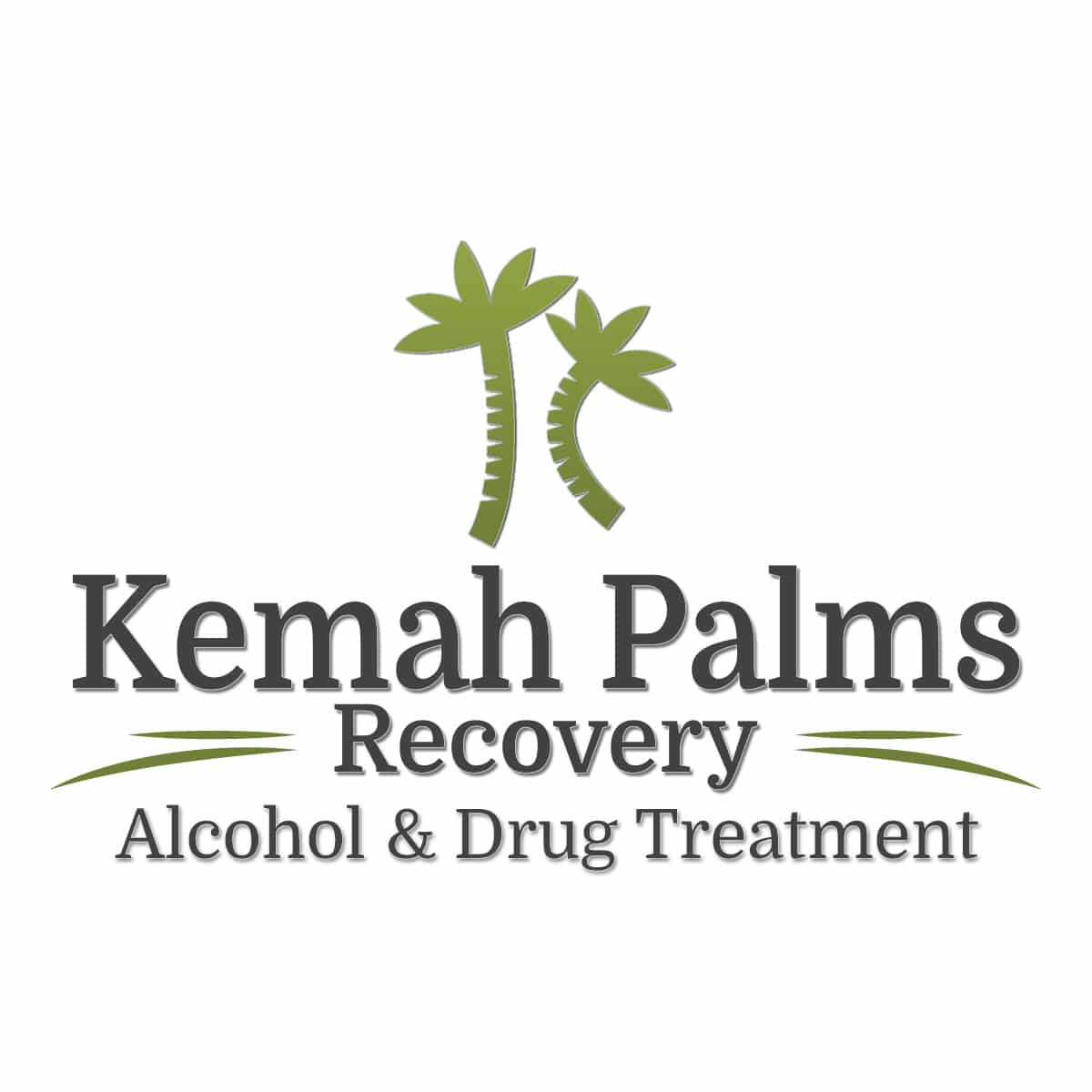What are Opiates?
Opiates are drugs also known as narcotics can be natural or synthetic. Some of the natural opiates are opium, morphine, and codeine whereas Oxycodone, Vicodin, Demerol, Fentanyl, Methadone, and Darvon are man-made opioids often used to treat chronic and severe pain. These opiates are highly addictive and dangerous.
How are Opiates produced?
Opium obtained from the opium poppy as dried latex contains morphine, codeine, papaverine, thebaine and noscapine is processed to produce heroin. Presently thebaine serves as the raw material for the synthesis for hydromorphone, hydrocodone, and other opiates, originates from extracting Papaver bracteatum or Papaver orientale.
Why are Opiates addictive?
Opiates contain psychoactive chemicals that interact with the Central Nervous System by mimicking chemical messengers in our brains and bind to the receptors of specific nerve cells. Opiates activate nerve cells in our brains which are involved in pleasure sensations and the desire to repeatedly hit the high is addictive. There also is a genetic component to addiction.
How Opiates are taken?
Synthetic Opiates are typically taken in pill form, needles to inject heroin and sometimes with alcohol to intensify the effects. Natural Opiates can be sniffed, snorted and smoked.
Prevalence of Opiate Addiction
According to a 2004 survey nearly 400,000 Americans used heroin in 2004 that included 120,000 first-time users. Nearly 11.2 million Americans were prescription opiate abusers who used these drugs for non-medical purposes. These prescription drug users turn to heroin as well. It is the elderly and the adolescent who are addicted to Opiates.
Signs of Opiate addiction
Opiate users feel a euphoric feeling that lasts several hours but also has short-term effects such as restlessness, nausea and vomiting. When taken in large doses, user cannot be awakened, the skin becomes cold and bluish in color, and also breathing slows down. Its long-term effects include pulmonary complications such as pneumonia, complications in blood vessels leading to the lungs, liver, kidneys or brain infections or death.

Opiate withdrawal symptoms
- Sweating
- Yawning
- Restlessness
- Dilated pupils
- Nausea and Diarrhea
- Fatigue and Back ache
- Muscle aches
Types of Opiate rehab
- Natural treatment that include herbal remedies, vitamins, and other naturally occurring substances.
- Counseling and other types of therapy.
- Use of methadone maintenance to alleviate withdrawal symptoms.
- Suboxone can be a very helpful form of Opiate rehab help.
- Combination of therapies such as acupuncture, sauna therapy, talks therapy and group therapy.
How Can I Find an Opiate Rehab?
There are over 13,000 Rehab centers in the U.S and the fastest way to find a rehab center is on the web. Click here to find a suitable center in your state.






